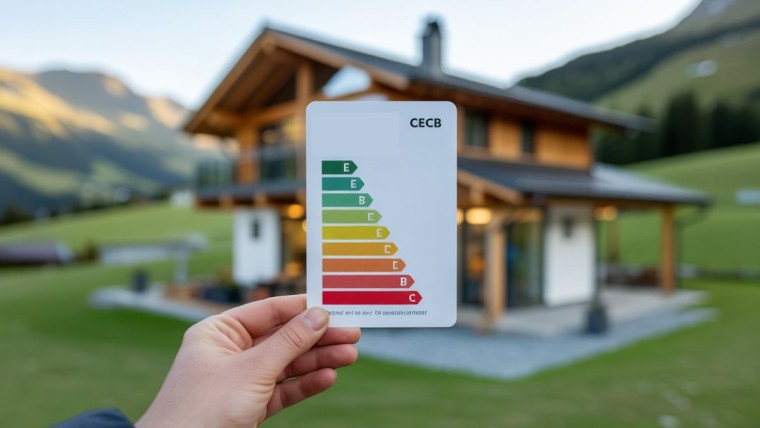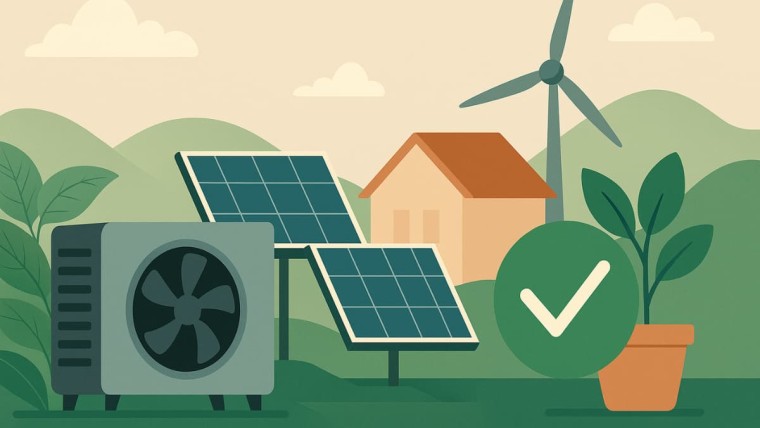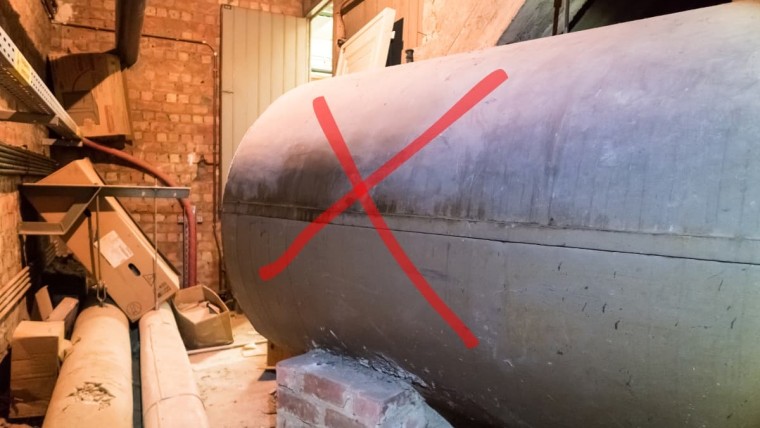Your oil consumption is through the roof and you're wondering why your oil-fired boiler seems to start up every 10 or 15 minutes?
An oil-fired boiler can start up between 90 and 150 times a day. That's about 4 to 6 times an hour..
This is because the boiler has to maintain the temperature in the storage tank, and more often than not has to produce domestic hot water. Above 10 starts per hour, the boiler is considered to be operating in a short cycle.
What is a short-cycle oil-fired boiler?
The boiler starts up when there is a demand for hot water, whether for heating or domestic hot water.
It operates in a short cycle if it switches on and off every 5 minutes or less. This can lead to premature wear of the oil boiler burner.
In fact, as mentioned above, a boiler normally starts up 6 times an hour on average, and a maximum of 10 times, which is still acceptable.
Why does a boiler start up more than 10 times an hour?
There can be many reasons for this short-cycle dysfunction, and we will mention 4 of them:
Oversized boiler
If your oil-fired boiler is much more powerful than what you need in terms of heating and/or hot water, it's capable of meeting the requirement in a very short time, and then it shuts down.
The heat is then used by the house, and when the temperature drops below the set point, the boiler switches back on for a few minutes, and so on.
This can happen, for example, when the boiler has been deliberately oversized in anticipation of future needs, but these needs have not materialized.
This can also happen if the boiler is sized to meet a period of the year when demand is very high, but during the rest of the year demand is actually much lower.
Set points too close together
If the various setpoints are set too close to each other, the interpretation may be distorted and the boiler will operate in a short cycle.
Suppose you have a boiler designed to maintain water pressure at 2 bar for optimum operation. Boiler controls such as the controller, limiter and regulator are set to maintain this pressure.
- The controller setpoint is set to 2.1 bar.
- The limiter setpoint is set to 2.2 bar.
In this scenario, the setpoints are too close together. What happens is that when the pressure reaches 2.1 bar, the controller starts to reduce heat output. However, almost immediately, the limiter detects that the pressure is still too close to its setpoint (2.2 bar) and tries to increase heat output. This conflict leads to fluctuations in heat output, causing short cycles and inefficiency.
By adjusting setpoints further apart, these conflicts can be avoided. For example:
- Set the controller setpoint to 2 bar.
- Set the limiter setpoint to 2.3 bar.
With these settings, each control has sufficient space to operate without interfering with the others. The controller maintains pressure at around 2 bar. The limiter acts as a safety measure, intervening only if the pressure dangerously approaches 2.3 bar.
Burner incorrectly adjusted
An incorrectly adjusted burner can also cause your oil-fired boiler to start up repeatedly. If your pipes are clogged, for example, or the oil pump isn't working properly, then the oil pressure may be wrong and the burner out of adjustment.
The burner must also be maintained to avoid clogging, faulty ventilation or incorrectly adjusted nozzles, which can also cause burner malfunction.
There's a water flow problem
If there is a lack of water circulation, then the boiler may come on too often per day. This could be due to a faulty pump. It may also be due to the fact that several of your radiators are closed. In this case, the volume of water to be heated by the boiler is too low, and the boiler reaches its target too quickly. Opening a few radiators should reduce the number of times the boiler starts up.

Julien G.
Juliena mechanical engineering graduate and specialist in climate engineering since 2009, has become a writer specializing in renewable energies, with expertise in heat pumps and photovoltaic solar panels for individual housing.
See all articles by this author






